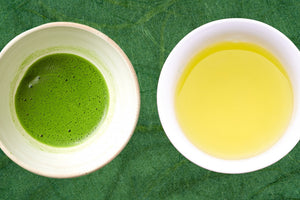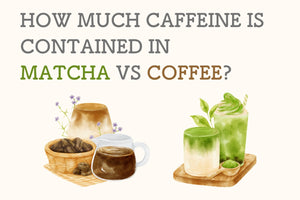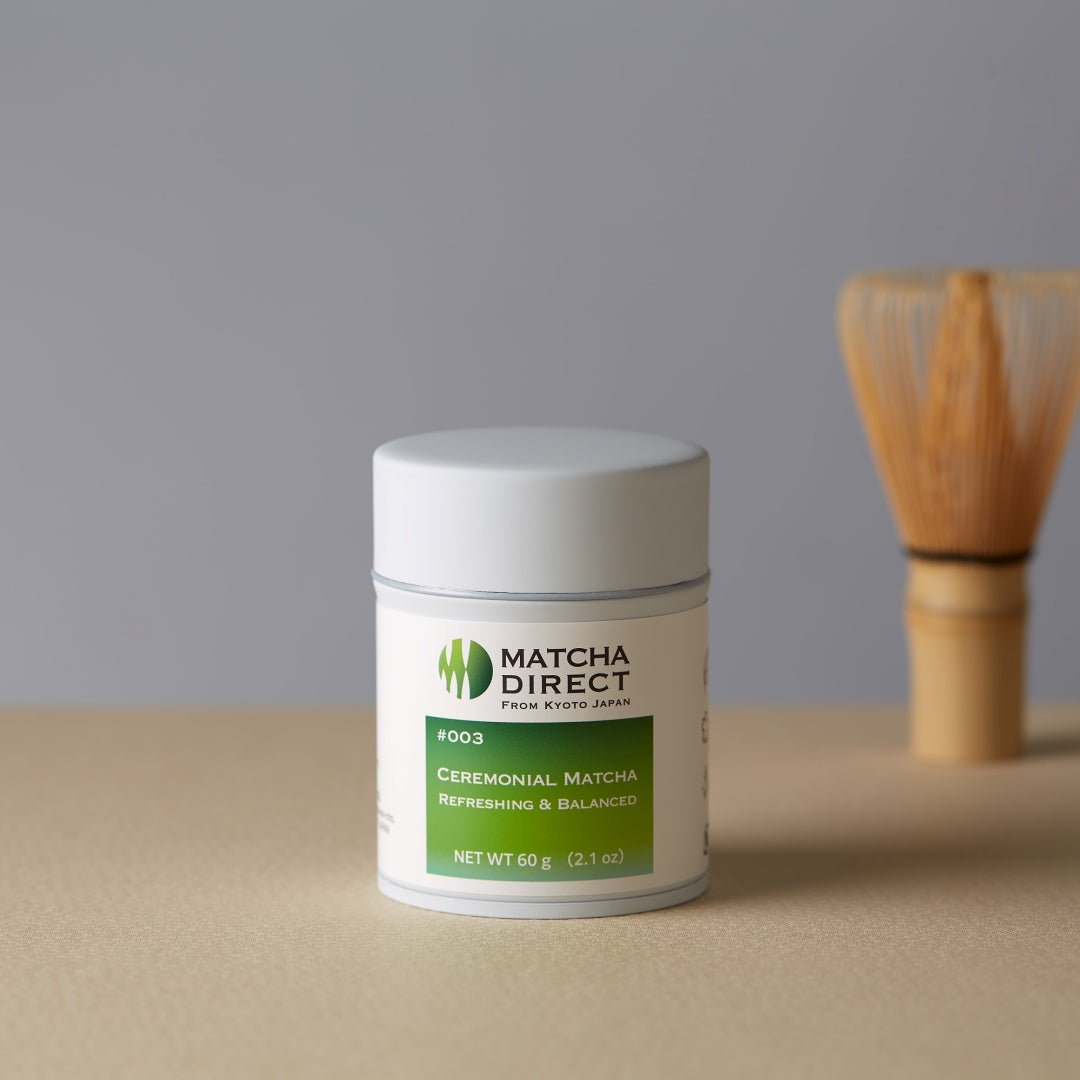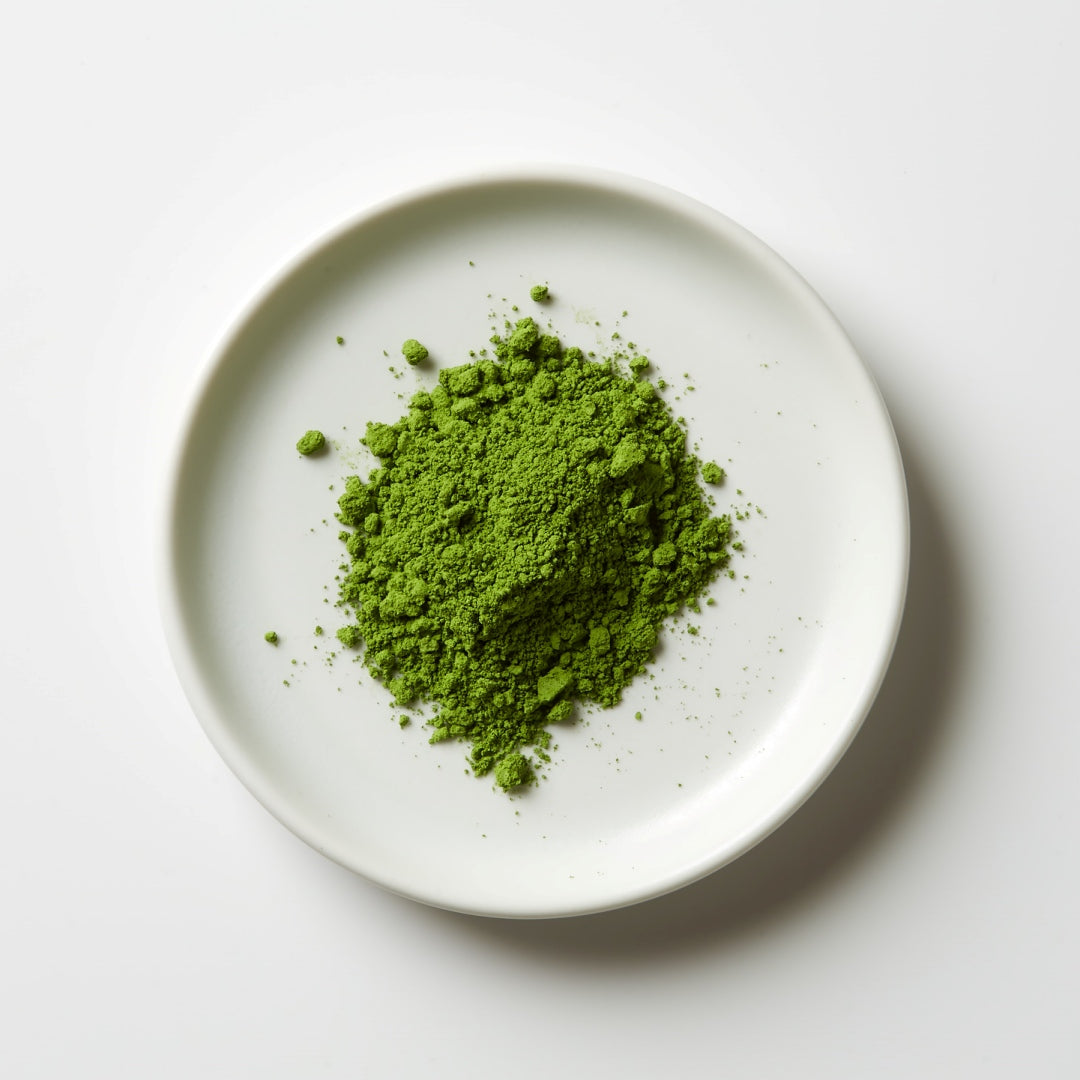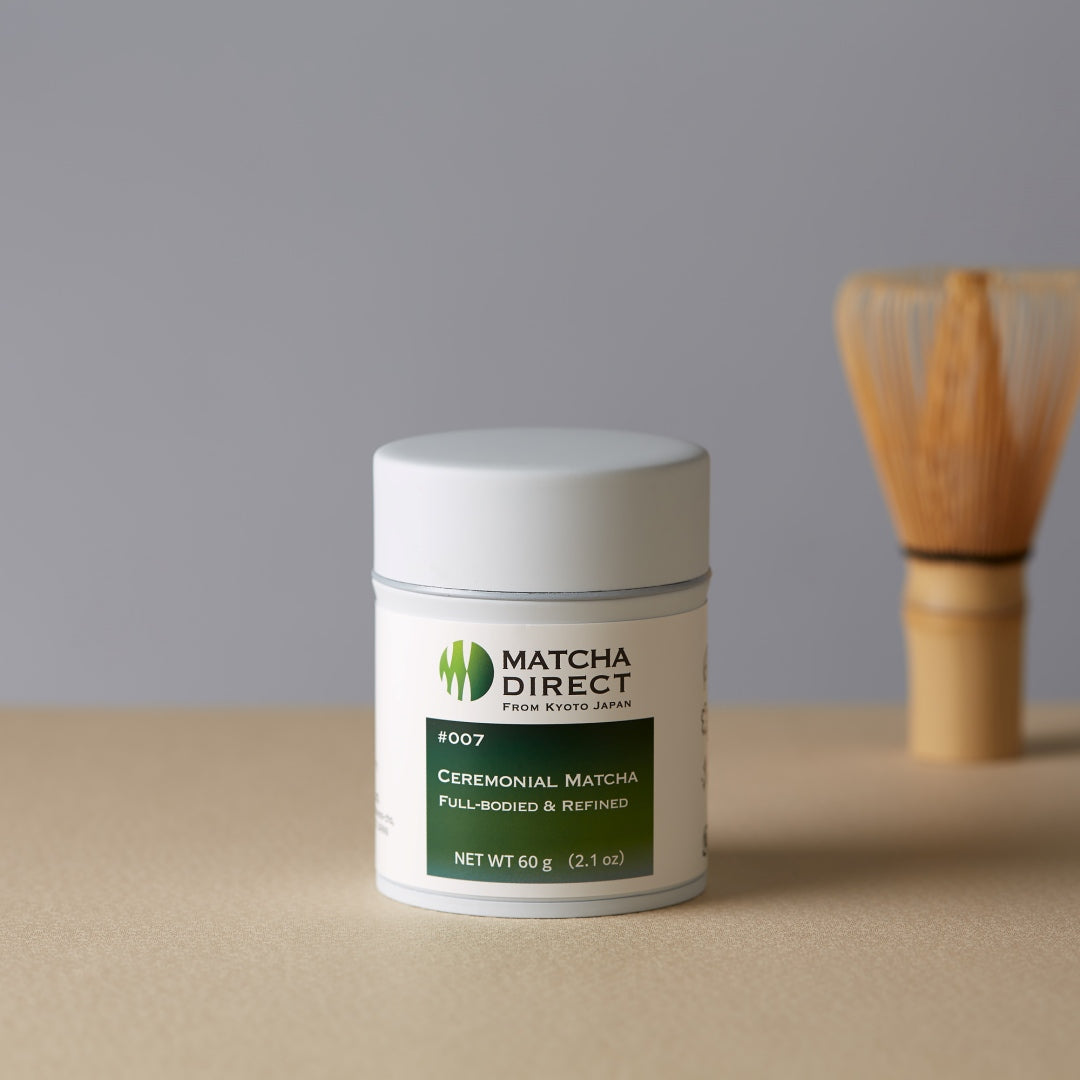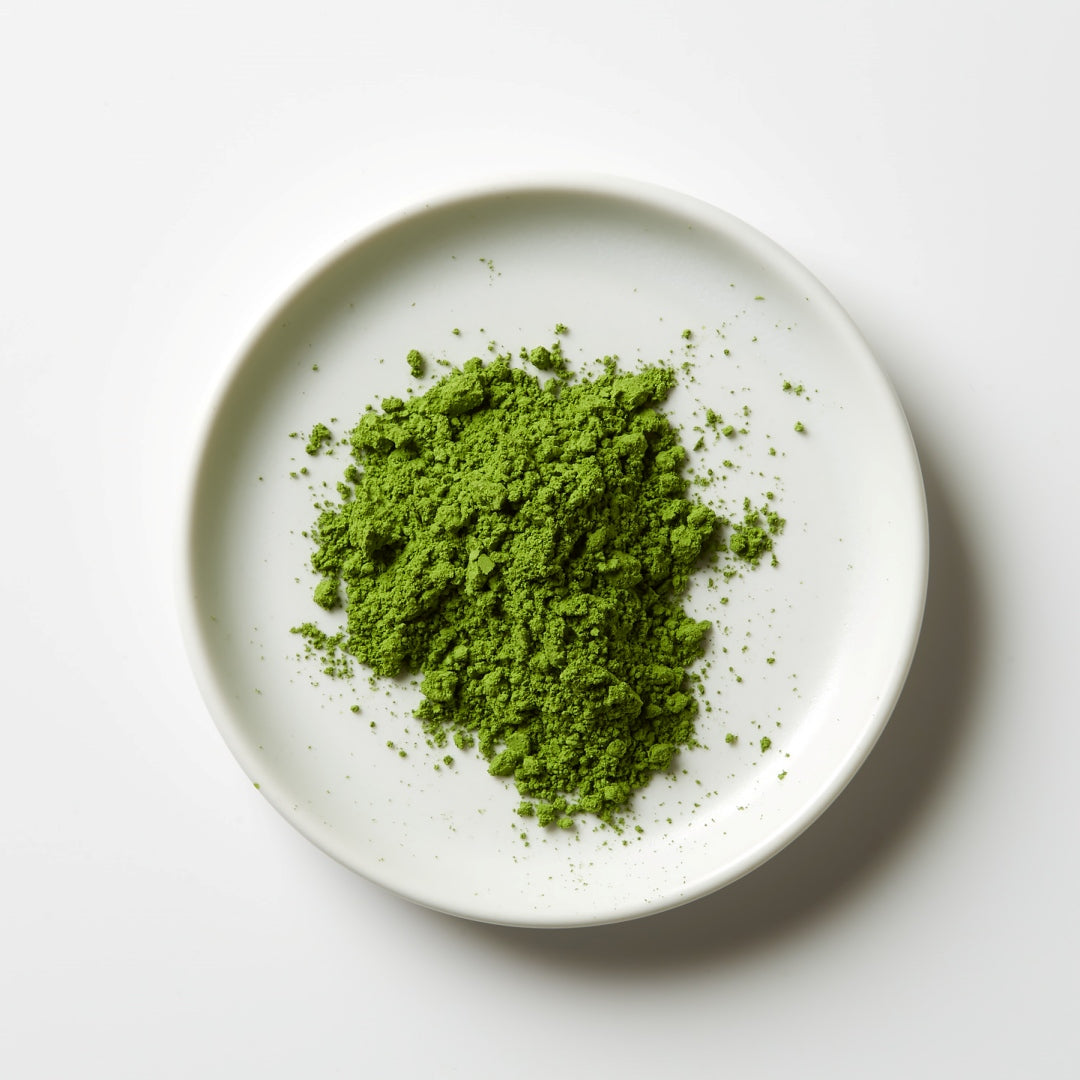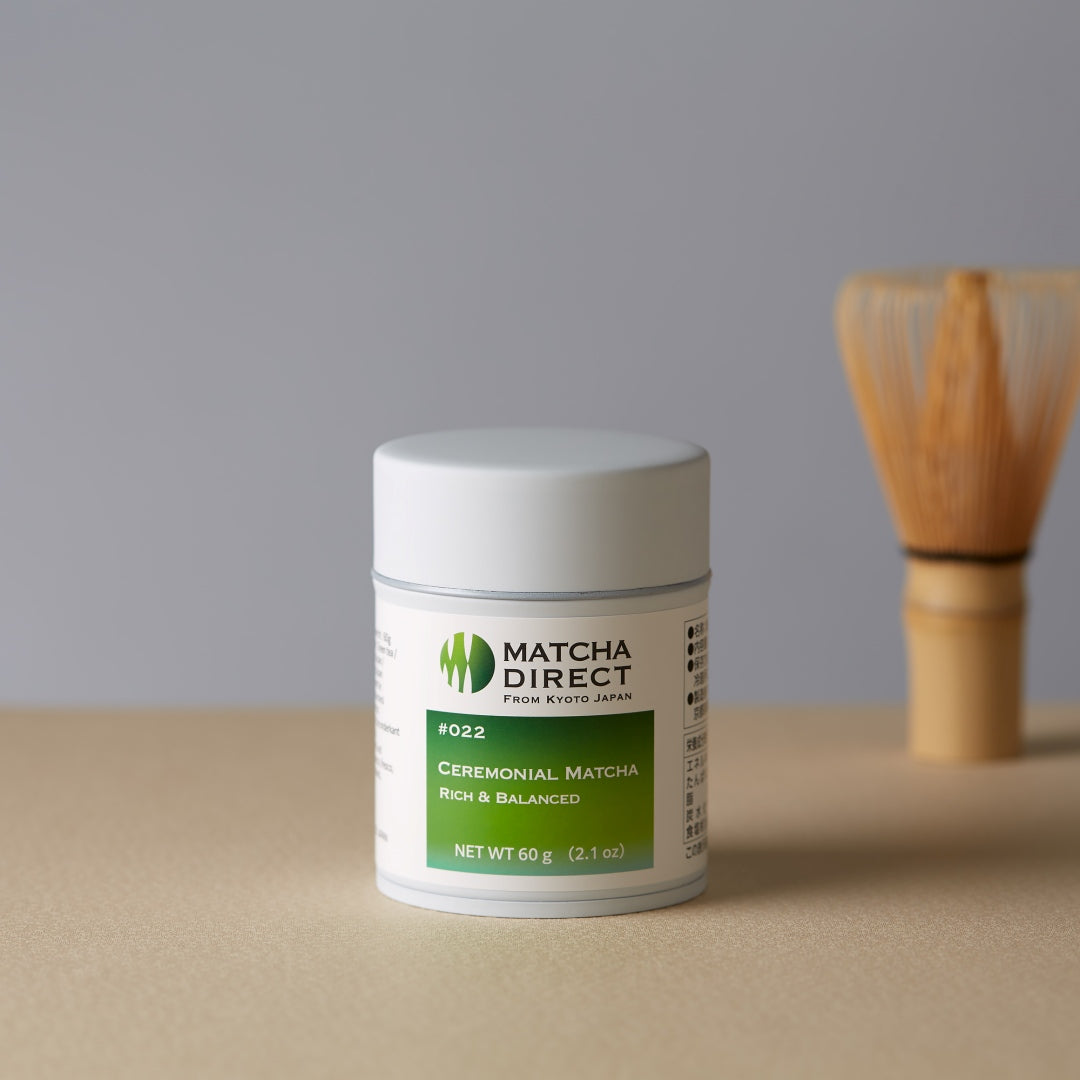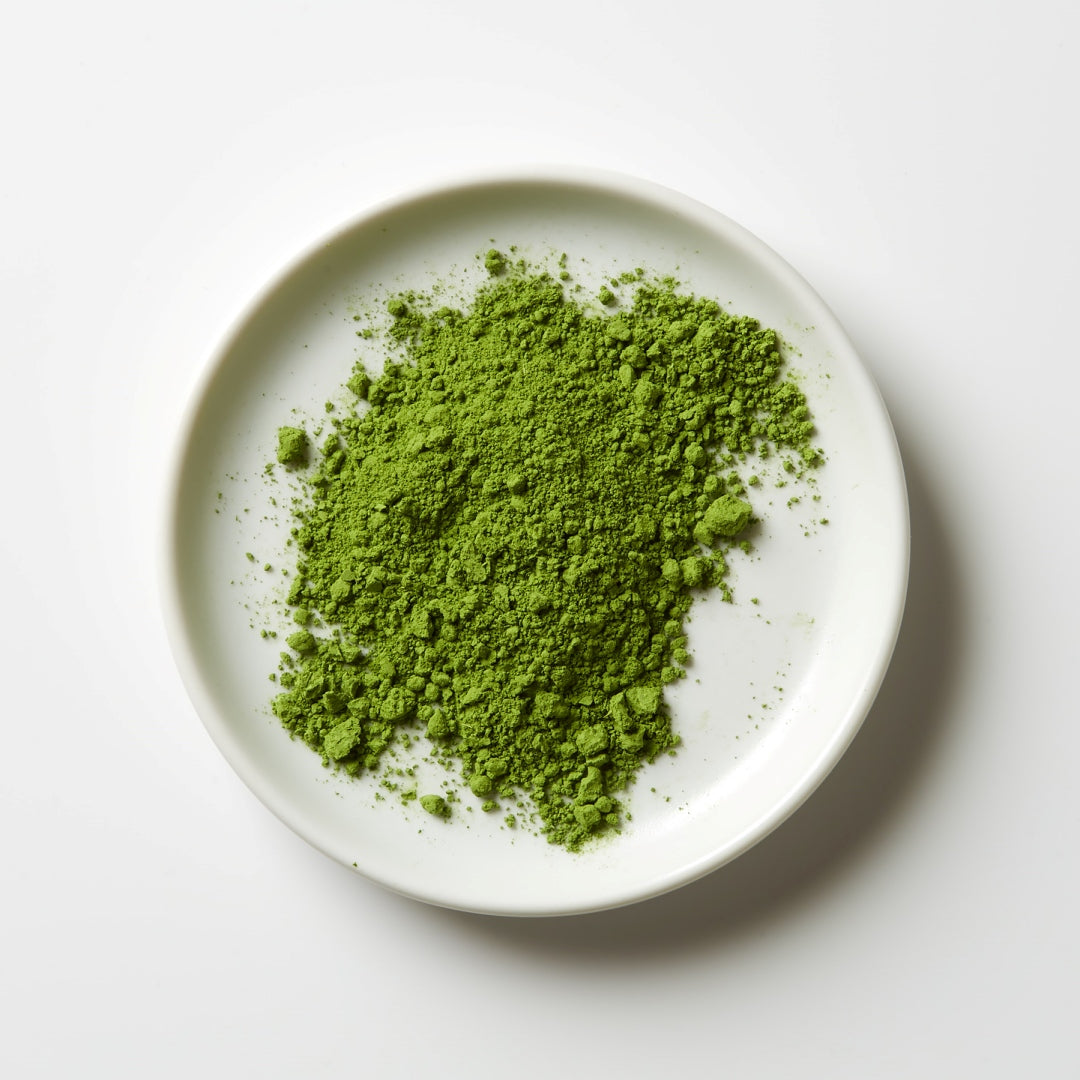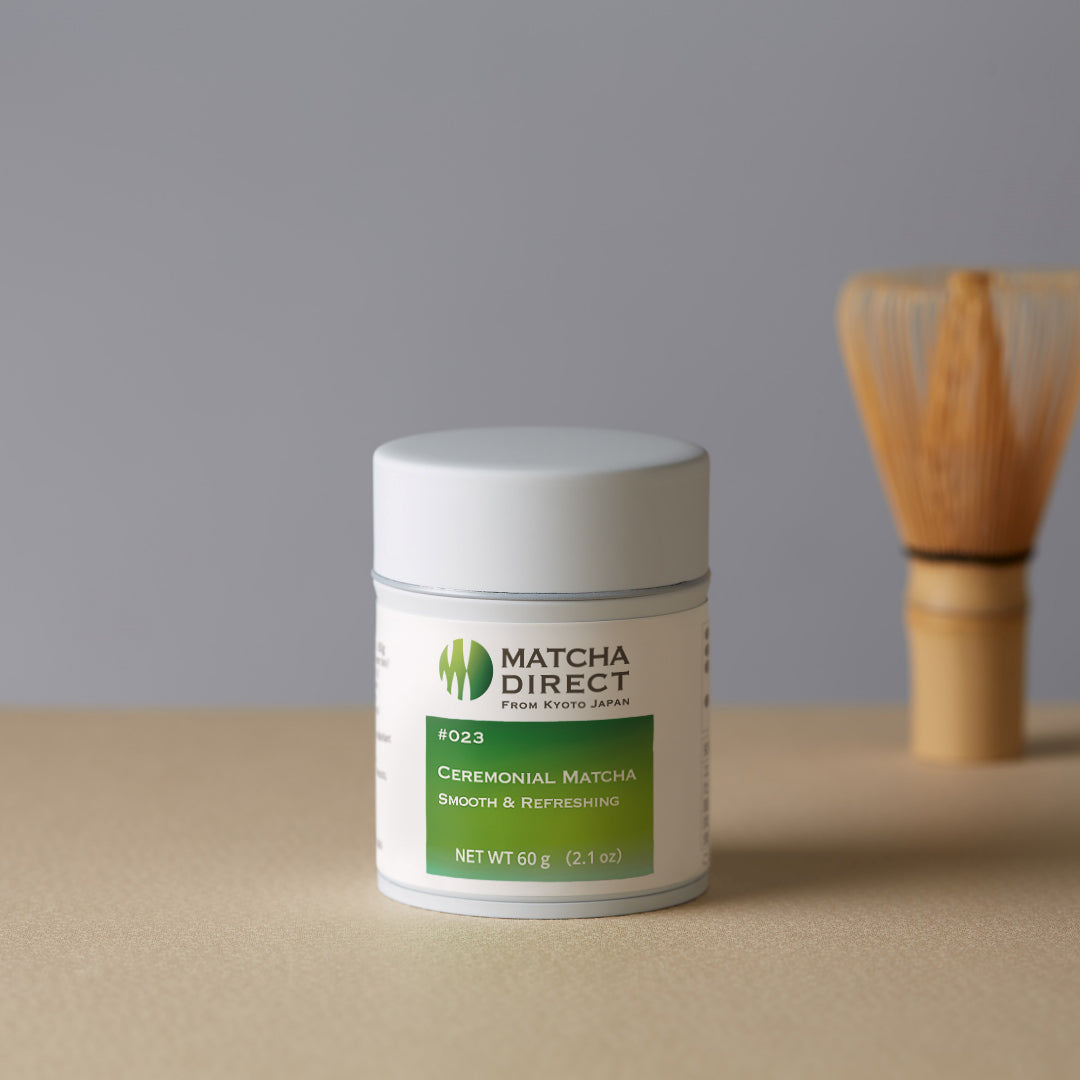How much caffeine is in hojicha vs matcha and coffee?

The fragrant and easy-to-drink “hojicha” is one of the Japanese teas that is especially often chosen when you want to relax. Because of its mild flavor, it is often assumed to be “almost caffeine-free,” but in fact it is not completely non-caffeinated.
In this article, starting from the simple question of whether hojicha contains caffeine, we clearly explain key points such as its caffeine content, comparisons with coffee and matcha, and whether it is okay to drink at night.
Does hojicha have caffeine?
Hojicha is often imagined as a “caffeine-free tea,” but it actually does contain caffeine. However, the amount is smaller compared to matcha, black tea, and the like, and it is generally classified as a low-caffeine tea.
This characteristic comes from how hojicha is made. Hojicha is a tea made by roasting sencha, bancha, kukicha (stem tea), etc. at high temperature, and in the roasting process, some of the caffeine in the leaves is thought to break down or volatilize due to the heat, resulting in a lower caffeine content in the end.
Originally, hojicha uses tea leaves harvested from the same “tea plant” as sencha and matcha, and the raw material itself is common. However, differences in processing methods lead to differences in the final caffeine content.
Also, the use of raw materials such as bancha and kukicha, which originally have a lower caffeine content, is another reason for its being low in caffeine.
In particular, “kuki hojicha (bo hojicha),” which uses the stem parts, contains even less caffeine than regular hojicha.
In this way, although hojicha is not non-caffeine, it is widely chosen as a Japanese tea with relatively little caffeine—in other words, a low-caffeine tea.
Comparison of caffeine content with other teas and beverages
Comparison with coffee
When you hear “caffeine,” many people think of coffee. So how different is the caffeine content of hojicha compared to coffee?
The approximate caffeine content per cup is as follows.
- Drip coffee: about 60 mg
- Hojicha: about 20 mg
As you can see, the caffeine content of hojicha is about one-third that of coffee. With milder stimulation from caffeine and a roasted aroma with a refreshing aftertaste, hojicha is a tea often chosen for a change of pace or a cup after meals.
Comparison with matcha
Matcha is also known, alongside coffee, as a beverage with a high caffeine content.
Since matcha is made by grinding tea leaves into powder with a stone mill, etc., and drinking them dissolved directly in hot water, you ingest all the caffeine contained in the leaves.
Generally, when 2 g of matcha powder is used, the caffeine content per cup is said to be about 60 mg, which is almost the same as coffee.
However, matcha also contains a component called theanine, which is said to make the action of caffeine milder. That said, the total amount of caffeine is still relatively high.
By contrast, hojicha contains about 20 mg of caffeine. The caffeine content is about one-third that of matcha and coffee, making it an ideal choice when you want more relaxing experience.
Comparison with other teas
We’ve compared Hojicha with coffee and matcha, but how does its caffeine content compare to that of other common teas?
Below is a summary of the approximate caffeine content per cup.
| Caffeine content | |
|---|---|
| Matcha | About 60 mg |
| Coffee | About 60 mg |
| Black tea | About 30 mg |
| Sencha | About 20 mg |
| Hojicha | About 20 mg |
As this table shows, hojicha belongs to the group of teas with particularly low caffeine content. For those who want to cut back caffeine, hojicha can be a good tea option.
Will drinking hojicha at night make it hard to sleep?
Hojicha is generally known as a tea with a low caffeine content, but it is not completely non-caffeinated. Therefore, for people who are sensitive to caffeine or prone to having trouble falling asleep, drinking it at night may affect sleep.
Although hojicha is low in caffeine, it still has a mild stimulating effect, so it is generally not recommended to drink it right before bedttime.
There are varieties that are said to have even less caffeine, such as kuki hojicha (using stem) and deeply roasted hojicha, but even so, they may still have some effect. In fact, there are voices saying “I drink it at night because it helps me relax,” while others feel “I couldn’t sleep after drinking it at night.”
Compared with coffee and matcha, hojicha contains considerably less caffeine, but it is important to note that it cannot be unconditionally labeled as “safe to drink at night.”
To enjoy it with peace of mind, we recommend first trying it during the day to see how your body responds.
How to choose hojicha with less caffeine
If you want to minimize caffeine as much as possible, try changing the type of hojicha you use and the way you brew it.
Choose kuki hojicha (bo hojicha)
This hojicha is roasted using stems rather than leaves and is said to have a lower caffeine content than regular hojicha.
Choose a deep-roast type of hojicha
Deeply roasted hojicha, roasted at higher temperatures and for longer, is said to allow caffeine in the leaves to break down or volatilize more easily during roasting, and generally the caffeine content is further reduced.
Brew with cold water
By brewing hojicha at a low temperature, caffeine is less likely to leach from the leaves, and considered as one way to further reduce intake.
By incorporating these tweaks, those who wish to further reduce caffeine intake can expand their options when choosing hojicha.
Hojicha’s charm lies in its light, approachable taste in which roasted aroma and gentle sweetness are well balanced. Its clean, unassertive mouthfeel comfortably fits a variety of everyday scenes, such as when you want to reset your mood or take a breather after a meal.
Also, the roasted aroma drawn out by roasting brings a gentle calm that soothes the mind, so it naturally blends into moments of relaxation.
Q&A about hojicha and caffeine
Q: Is hojicha completely caffeine-free?
A: No, it is not completely caffeine-free. However, comapared to other caffeined beverags, it is considered to have a relatively low caffeine content.
Furthermore, by choosing kuki hojicha (bo hojicha), etc., it is also possible to enjoy hojicha with even less caffeine.
Q: How many cups per day is okay?
A: In general, the upper limit for daily caffeine intake is about 400 mg (for pregnancy, 200 mg is a guideline).
Since the caffeine content per cup (about 200 ml) of hojicha is roughly 20 mg, it is considered that drinking multiple cups is not a problem within normal ranges.
However, sensitivity to caffeine varies among individuals, so it is important to determine the amount that suits you.
Summary
Hojicha is a Japanese tea that is low in caffeine, fragrant, and easy to drink—making it one of the most approachable Japanese teas. Its gentle flavor and clean mouthfeel fit well for everyday moments.
However, it is also important to be mindful of when you drink it and your constitution, because it still contains some caffeine. By finding a style that suits you, you can enjoy hojicha with peace of mind.






